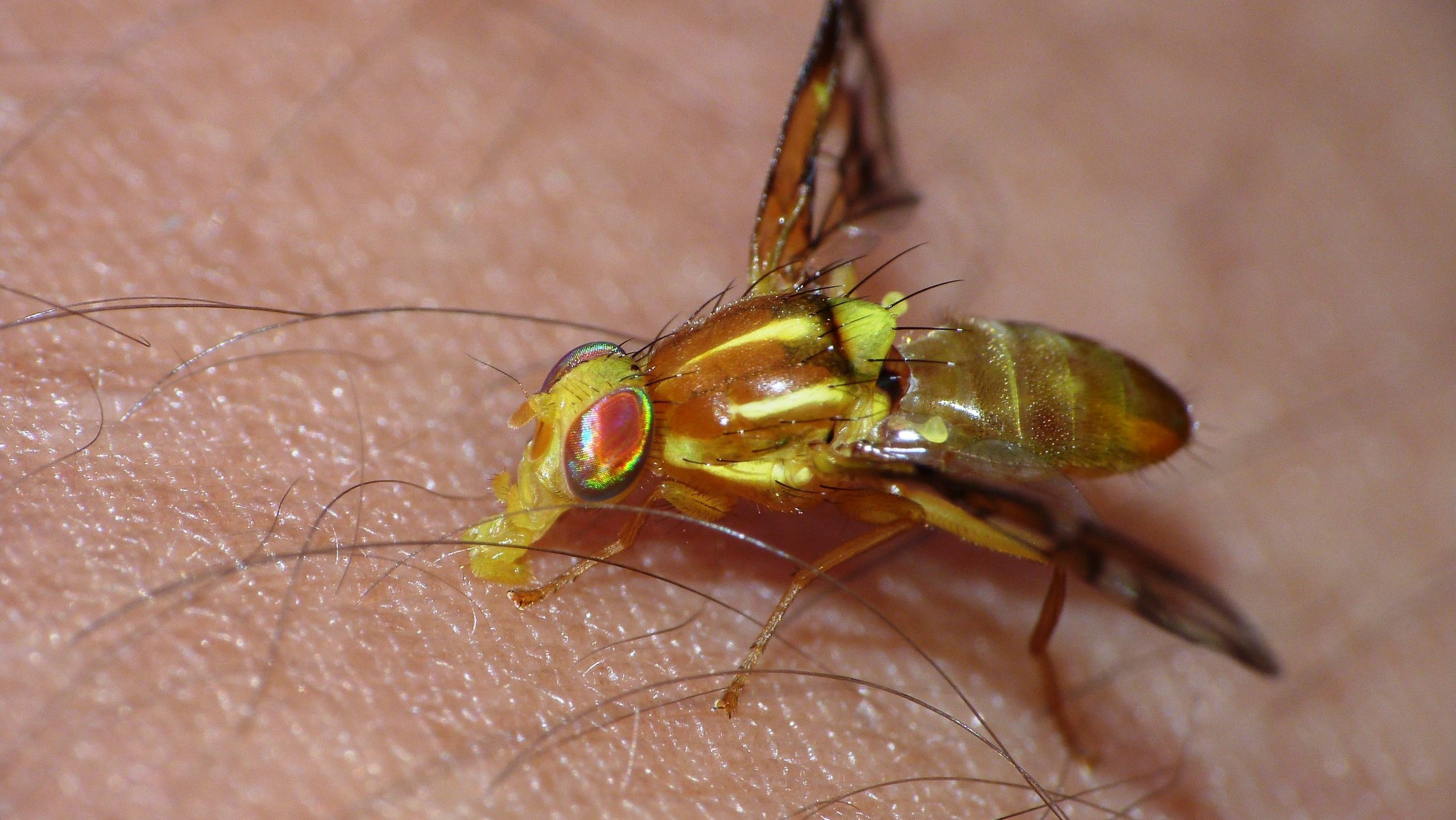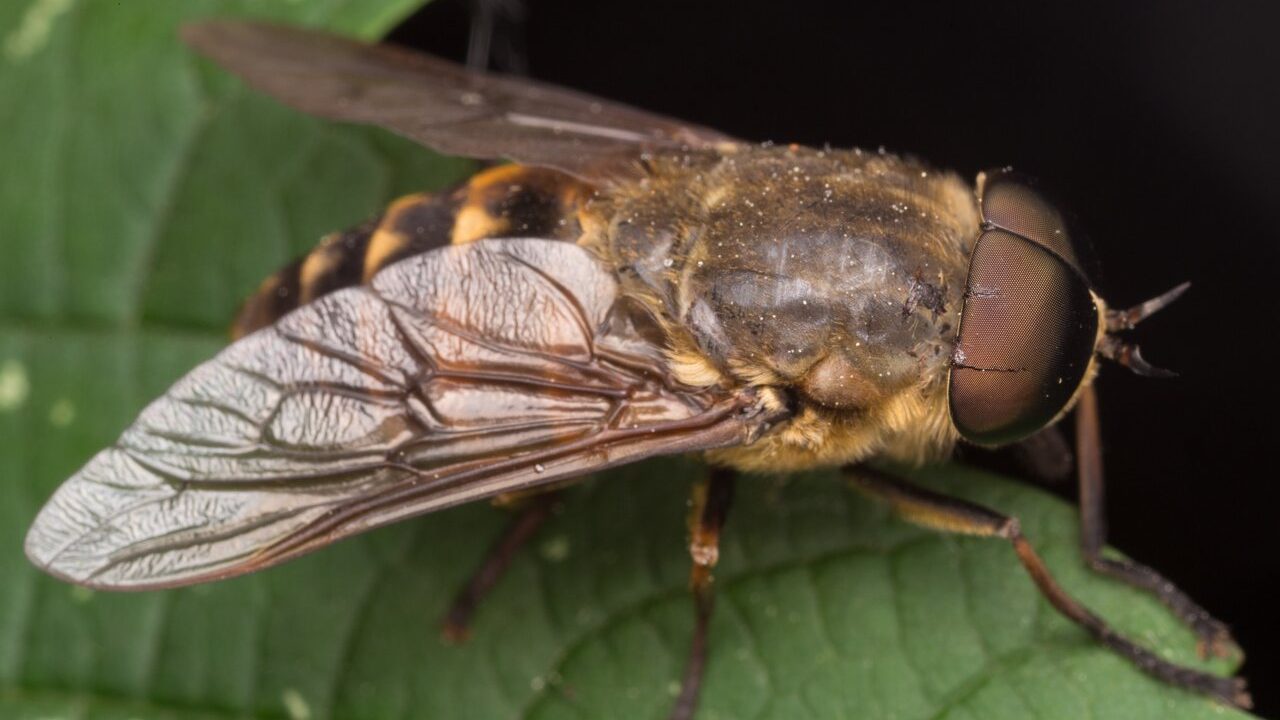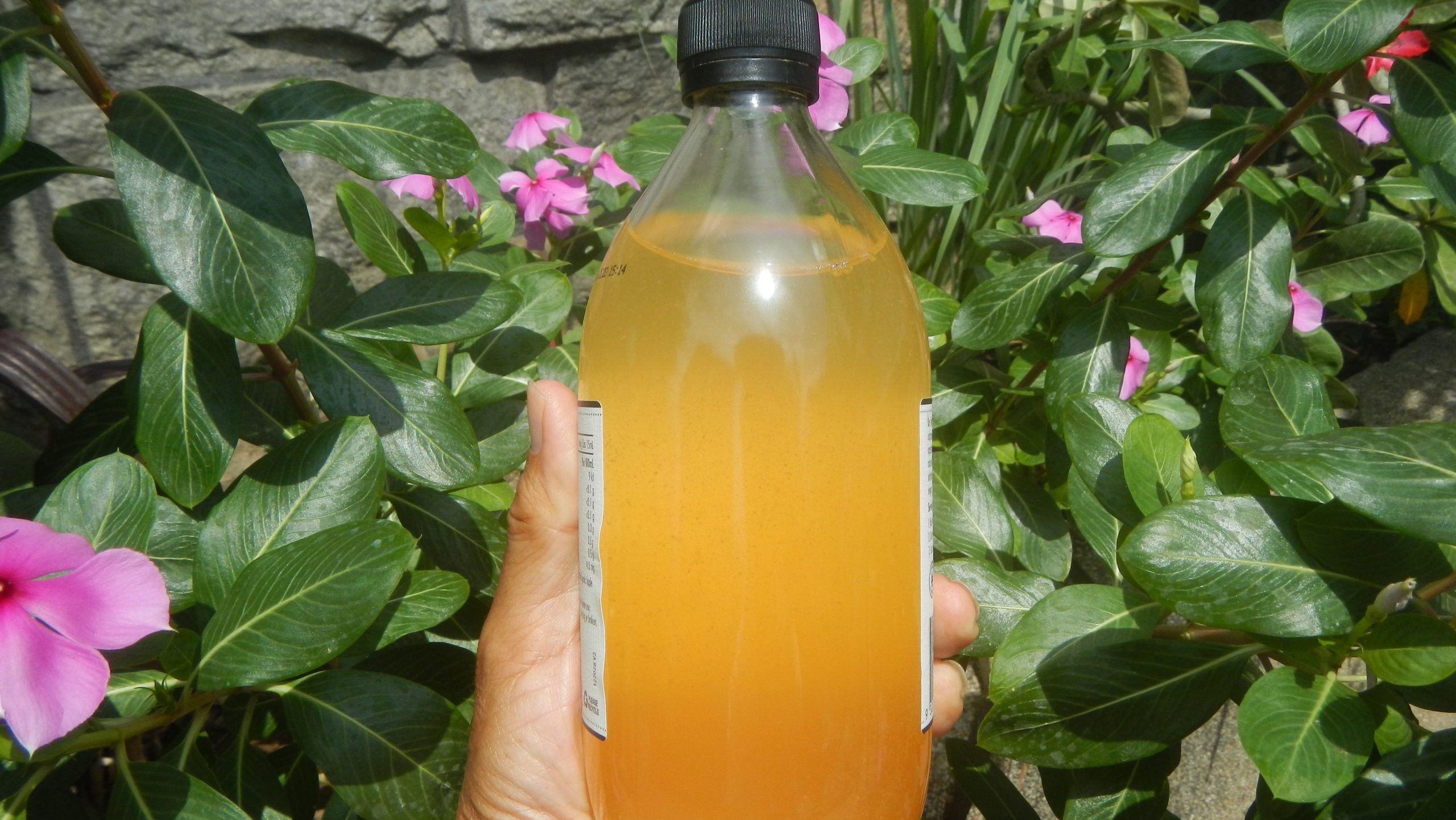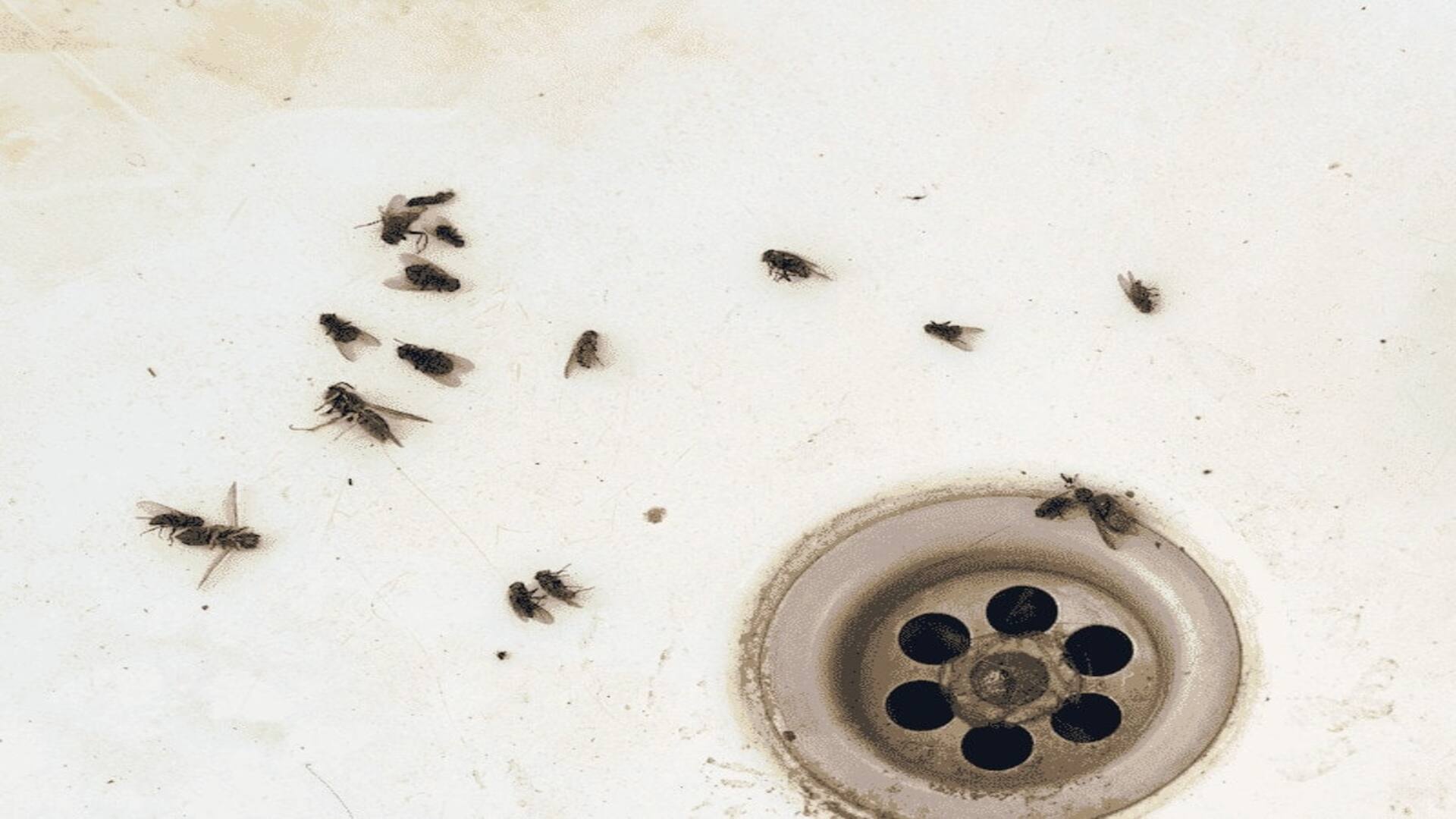Key Takeaways
- Not all flies bite; only certain species feed on blood.
- Biting flies use blood for nourishment or reproduction.
- Common biting flies include mosquitoes, horse flies, and black flies.
- Fly bites can cause irritation, infections, or transmit diseases.
- Prevent bites with repellents, protective clothing, and sealing entry points.
 Flies are among the most common household pests. While most species are harmless nuisances, some flies do bite. Understanding which flies bite, why they do it, and how to prevent them from entering your home can help you avoid painful encounters. This article explores common biting flies, their risks, and effective pest control methods.
Flies are among the most common household pests. While most species are harmless nuisances, some flies do bite. Understanding which flies bite, why they do it, and how to prevent them from entering your home can help you avoid painful encounters. This article explores common biting flies, their risks, and effective pest control methods.
Do All Flies Bite?
Not all flies bite. Most common household flies, such as houseflies and fruit flies, lack the mouthparts needed to pierce human or animal skin. Instead, they use sponging mouthparts to lap up liquids. However, several species of flies do bite, feeding on blood for survival or reproduction.Why Do Some Flies Bite?
-
Feeding: Some flies need blood to nourish themselves.
-
Reproduction: Many biting flies, such as mosquitoes and sand flies, require a blood meal to produce eggs.
-
Defense: Some flies bite as a reaction to being disturbed or provoked.


Not getting a solution?
Get your free pest control estimate today!Common Biting Flies in the U.S.
Several types of flies are known to bite humans and animals. Here are the most common biting flies:Types of Biting Flies
-
Mosquitoes: These insects inject anticoagulant saliva to keep blood flowing, causing itchy red bumps. They are active at dawn and dusk and can spread diseases like West Nile virus, Zika virus, and malaria.
-
Horse Flies: Large, aggressive biters with scissor-like mouthparts that slice through the skin, causing painful wounds. Common in rural areas, wetlands, and fields.
-
Deer Flies: Similar to horse flies but smaller, they inflict painful bites and can transmit tularemia, a bacterial infection. Active in forested and wetland areas.
-
Black Flies (Buffalo Gnats): Tiny but powerful biters that leave swollen, itchy red marks. Found near rivers and streams, active in spring and early summer.
-
Stable Flies (Biting House Flies): Resemble houseflies bite both humans and animals, often targeting legs and feet. Common around farms and stables.
-
Sand Flies (No-See-Ums): Tiny and difficult to see, these flies cause irritating bites and can transmit leishmaniasis in some parts of the world.
Are Fly Bites Dangerous?
While most fly bites are harmless beyond causing itching and irritation, some can lead to:Potential Risks of Fly Bites
-
Infections – Scratching a fly bite can introduce bacteria, leading to infections.
-
Allergic Reactions – Some people develop large, swollen welts after being bitten.
-
Disease Transmission – Certain flies can spread illnesses like malaria and tularemia.

Steps to Treat Fly Bites
-
Wash the bite with soap and water to remove bacteria.
-
Apply ice or a cold compress to reduce swelling and numb the pain.
-
Use anti-itch creams like hydrocortisone or antihistamines to ease irritation.
-
Avoid scratching to prevent infection.
-
Monitor for infection signs like redness, pus, or fever.
Do’s & Don’ts: Preventing Fly Bites
DO'S
-
Use insect repellents containing DEET, picaridin, or oil of lemon eucalyptus.
-
Wear protective clothing like long sleeves, pants, and hats, especially in fly-prone areas.
-
Use fans and mosquito nets to keep biting flies away indoors.
-
Eliminate standing water to reduce mosquito breeding sites.
-
Use window and door screens to prevent flies from entering your home.
DON'TS
-
Don’t leave open water sources like birdbaths, clogged gutters, or plant saucers unattended.
-
Don’t wear dark colors, as some biting flies are more attracted to them.
-
Don’t ignore persistent fly problems—address infestations immediately.

When to Call Pest Control
If biting flies are a persistent problem in your home or yard, professional pest control may be necessary.How Pest Control Can Help
-
Identify breeding sites and eliminate infestations.
-
Apply targeted insecticides safely.
-
Set up fly traps and deterrents to prevent future issues.





